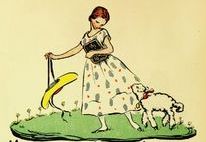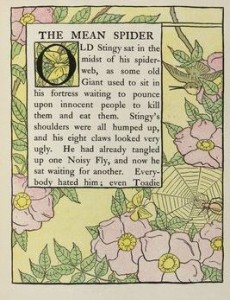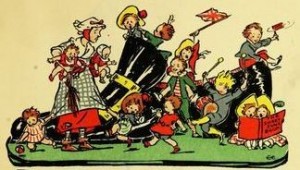More background reading on the Draconian consumer product safety law:
- Fear of losing even more high-quality German toy suppliers [Kathy + Matt Take Milwaukee]
- Mattel will pay $13 million to 20 plaintiff’s firms
 to resolve class action over toy recalls; claimed value of settlement to class (vouchers, etc.) is something like $37 million [National Law Journal, Coughlin Stoia release; earlier] Note also Rick Woldenberg’s March analysis of one recall (recall of 436,000 units premised on two cans of bad paint).
to resolve class action over toy recalls; claimed value of settlement to class (vouchers, etc.) is something like $37 million [National Law Journal, Coughlin Stoia release; earlier] Note also Rick Woldenberg’s March analysis of one recall (recall of 436,000 units premised on two cans of bad paint). - New law “has added several new tasks [to the CPSC], many of which most charitably can be described as marginal in the overall pursuit of product safety that will divert staff and financial resources from more important safety issues.” [attorney Michael Brown, quoted at Handmade Toy Alliance Blog]
- Alarmist reporting on Boston’s WBZ affords a glimpse of
 “the scary people behind the law” [Woldenberg]
“the scary people behind the law” [Woldenberg] - Effort to help move blogger Kevin Drum up the CPSIA learning curve [Coyote]
- “The “Resale Round-up,” launched by the CPSC, finally limits the power of these merchants of death who recklessly barter second-hand toys to unsuspecting civilians at low prices…. The only question now is how did any of us survive this long?” [David Harsanyi, Denver Post]
- Among its other effects, the statute “will boost opportunities for mass-tort suits” [Crain’s Chicago Business]
- Law’s “continuing disaster for small business” illustrates
 difference between crony capitalism and the real kind [James DeLong, The American, with kind words for a certain “indispensable” website that’s covered the law]
difference between crony capitalism and the real kind [James DeLong, The American, with kind words for a certain “indispensable” website that’s covered the law]
PUBLIC DOMAIN IMAGES from Ethel Everett, illustrator, Nursery Rhymes (1900), courtesy ChildrensLibrary.org.

 However, the CPSC has yet to issue promised guidance to libraries on pre-1985 books:
However, the CPSC has yet to issue promised guidance to libraries on pre-1985 books:
